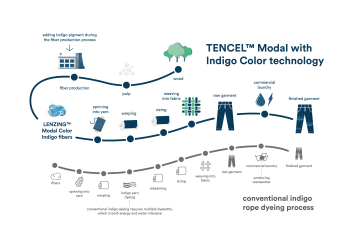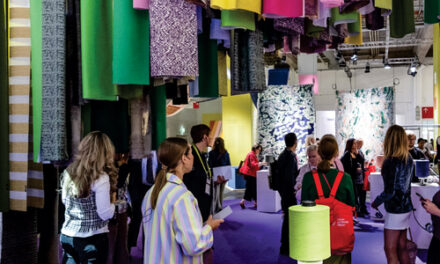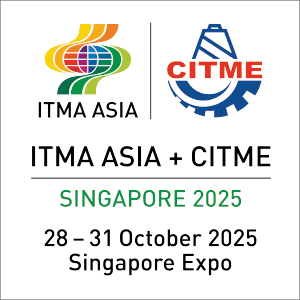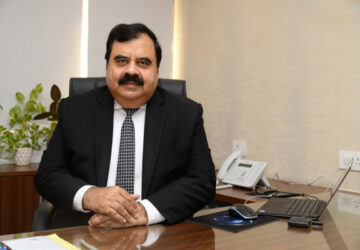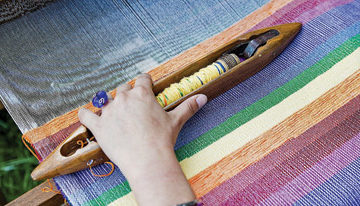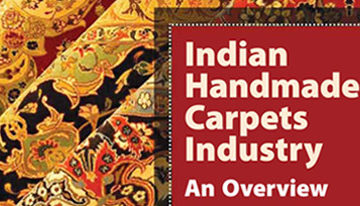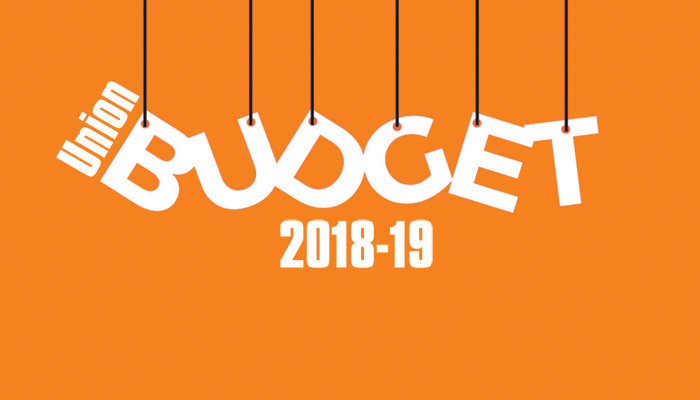The Lenzing Group is enhancing sustainable offerings for the denim industry with TENCEL™ branded modal fibres with Indigo Colour technology. The pioneering Indigo Colour technology behind this new market offering incorporates indigo pigment directly into TENCEL™ branded modal fibres using a onestep spun-dyeing process. This delivers superior colour fastness relative to conventional indigo dyeing whilst using substantially fewer resources. This innovative offering is awarded with the EU Ecolabel1, a label of environmental excellence awarded to products meeting high environmental standards throughout their life cycle.
Development of Indigo Colour technology to enhance denim sustainability: The denim industry’s demand for eco-responsible alternatives is growing rapidly, as brands and supply chain partners seek greater sustainability. Lenzing has been working closely with such partners to counteract environmentally harmful denim production processes via the botanic origin of its raw materials and responsible production processes.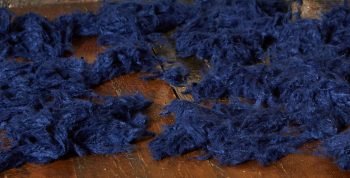
Denim remains an important market for Lenzing, and the introduction of TENCEL™ Modal with Indigo Color technology is designed to help reduce the ecological footprint of denim fabrics and garments. Produced in Austria, predominantly from beech wood derived from sustainably managed wood sources, this new offering has been designated BioPreferred® by the United States Department of Agriculture (USDA).
“Innovation is at the core of what we do, from sustainable fibre sourcing through industry leading features and production processes, with the ever-present goal of safeguarding our environment,” says Florian Heubrandner, Vice President Global Textiles Business at Lenzing AG. “By upending traditional manufacturing processes and implementing our pioneering technology along with renewable and eco-responsible materials, TENCEL™ Modal with Indigo Colour technology sets a new benchmark for indigo application and sustainability in the denim industry.”
Among early launch collaborators for TENCEL™ Modal with Indigo Colour technology is Adriano Goldschmied, Founder of House of Gold, who is widely regarded as the “Godfather of Denim” for his progressive vision in denim development. “The TENCEL™ brand is leading revolutionary change for the denim industry and it has always been one of my go-to eco-fibres for my collections,” states Goldschmied. “We are thrilled to collaborate and launch the ‘Seed of Joy’ concept capsule with woven, circular and sweater knit fabrics using TENCEL™ Modal with Indigo Colour technology, in partnership with mills such as Blue Diamond and In The Loop, as well as machinery producer Shima Seiki.”
Indigo Colour technology elevates production standards and significantly reduces waste: Indigo Colour technology builds upon the strong credentials of TENCEL™ Modal fibres with new benefits. Compared to conventional indigo dyeing, the color retention of TENCEL™ Modal with Indigo Colour technology is superior through dry and wet crocking and rubbing. Despite resistance to home-laundry fading, wash-down effects for denim products can be achieved using commercial laundry techniques. TENCEL™ Modal fibres with Indigo Colour technology are inherently versatile and enable implementation in a range of multi-fibre blends.
Compared to water and energy intensive conventional indigo dyeing, this technology provides indigo coloration with substantial water, chemical and electricity savings, along with less wastewater produced, and no heat energy used. In addition, a specially commissioned indigo pigment from dyestuff manufacturer DyStar®, ensures that TENCEL™ Modal with Indigo Colour technology can be certified with Standard 100 by Oeko-Tex®, guaranteeing ultra-low levels of aniline. Günther Widler, Head of Technology, Denim of DyStar® says, “This specially commissioned indigo pigment is based on more than a decade of our working experiences on Indigo Synthesis in Germany. Twenty-five years ago, we invented the most eco awarded DyStar® Indigo Vat 40 percent to meet the demand for sustainable manufacturing and production.”
